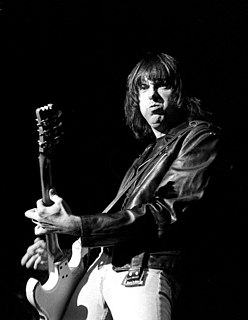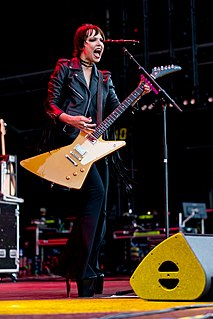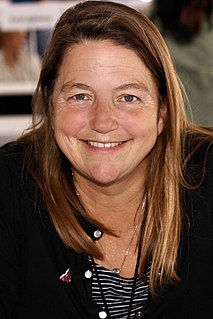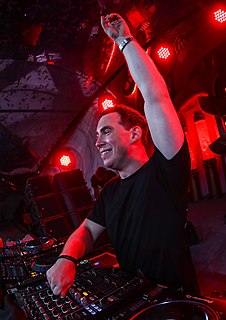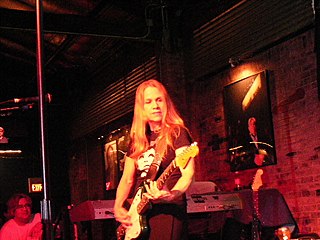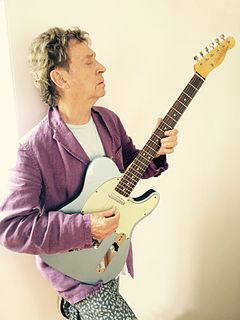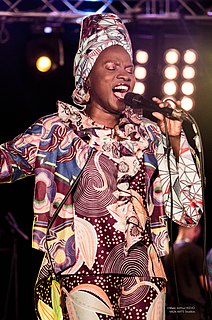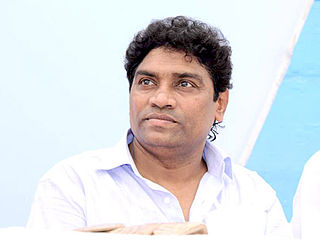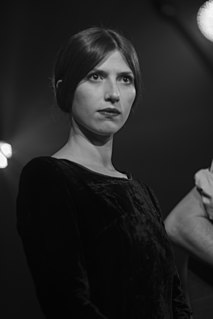A Quote by Jacob Bannon
It's important me as a musician and also as an occasional show goer to feel the presence of a band on stage, to hear a PA reverberating and slapping off the walls, the push and pull of an audience, the blood, sweat, and heat. It's a primal thing in a way.
Related Quotes
Often for me, if I hear a song I know, it clicks for me and I hear it in a different way and I think, "I could sing that song. I've got something to say about that song. Wanting to connect with an audience and wanting them to rethink songs; it is actually important to do songs they're familiar with. Also, I love those songs. In a way, I think I've changed people's perceptions of what a cabaret show like this could be.
Some bands blow it before they even play. The most important moment of any show is when a band walks out with the red amp lights glowing, the flashlight that shows each performer the way to his spot on the stage. It's crucial not to blow it. It sets the tempo of the show; it affects everyone's perception of the band.
I'm not a fan of taking too long in the studio. I always do one vocal take and jump out of the control room, and people push me back in... It's a real turn-off to hear things that are too polished. I feel like I've almost fought for the right to be that kind of musician - we used to be on a major label, and now we're on an indie.
Normally classical music is set up so you have professionals on a stage and a bunch of audience - it's us versus them. You spend your entire time as an audience member looking at the back of the conductor so you're already aware of a certain kind of hierarchy when you are there: there are people who can do it, who are on stage, and you aren't on stage so you can't do it. There's also a conductor who is telling the people who are onstage exactly what to do and when to do it and so you know that person is more important than the people on stage.
Why would anybody connect to someone who has everything going for them? It's the person who has faults that people want to connect to. So people identify with certain insecurities on stage and just by me talking about my diabetes people come up to me after the show and tell me "Gabe, my blood sugar is out of control and I feel you". That's the first thing they say, they say "I feel you!".
My first show was in Patkar Hall next to Bombay Hospital. It was a total flop. I was so nervous standing in front of all those people that I completely froze. I forgot all my lines and the audience booed me off the stage. I realised that day that you have to earn the audience's appreciation. They aren't fools.


